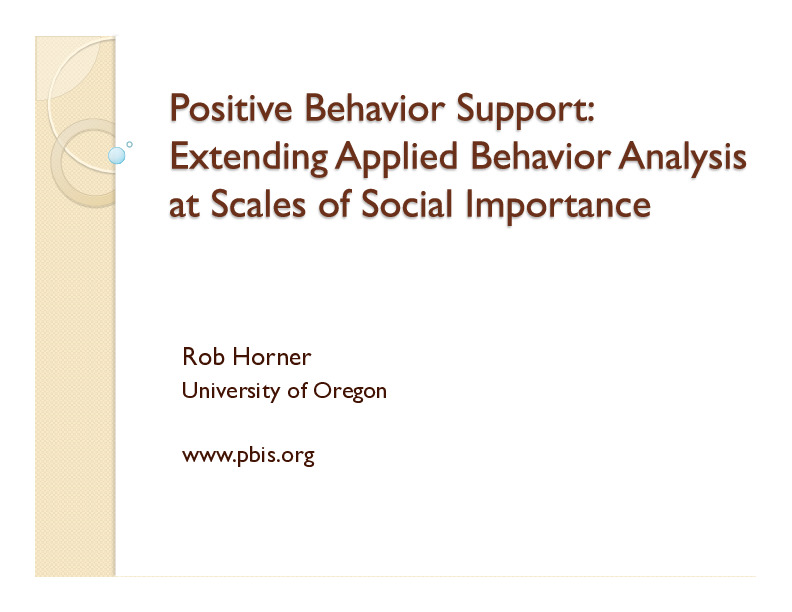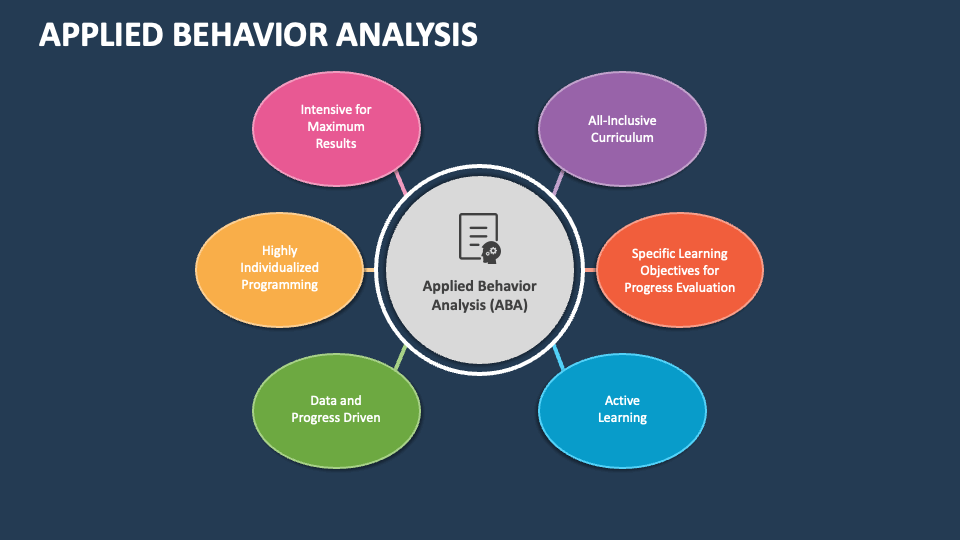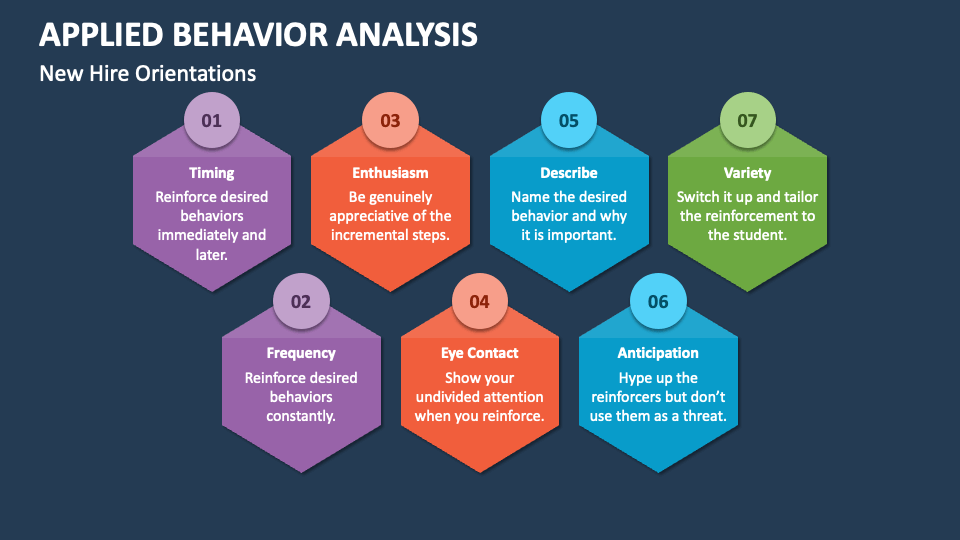Applied Behavior Analysis (ABA) has become a game-changer for families in Austin seeking effective interventions for autism and behavioral challenges. It's no longer just a buzzword—it's a proven method that transforms lives. If you're exploring options for your loved ones, ABA in Austin could be the answer you've been searching for. So, buckle up and dive in as we uncover everything you need to know about this powerful approach.
Imagine a world where every child can thrive, no matter their challenges. That's the promise of Applied Behavior Analysis. In Austin, this approach is gaining momentum as more parents and educators recognize its value. With tailored strategies and evidence-based techniques, ABA empowers individuals to achieve their full potential.
But wait—why should you care? Well, if you're dealing with autism spectrum disorder (ASD) or behavioral issues, ABA offers solutions that are rooted in science and backed by success stories. Let's break it down and explore why Austin is becoming a hub for ABA therapy, and how it could change your life forever.
What is Applied Behavior Analysis?
Applied Behavior Analysis, or ABA for short, is like the secret weapon in the world of behavioral therapy. Think of it as a roadmap to understanding and shaping behavior. It's not just about fixing problems—it's about building skills and fostering independence. In Austin, ABA has become a cornerstone for helping children and adults with autism and other developmental challenges.
Here's the deal: ABA focuses on breaking down complex behaviors into manageable parts. By reinforcing positive actions and addressing negative ones, therapists help individuals develop essential skills. This approach is grounded in decades of research and has been shown to work wonders for people of all ages.
Key Principles of ABA
Let's get into the nitty-gritty of what makes ABA so effective. It all comes down to a few core principles:
- Positive Reinforcement: Rewarding good behavior to encourage it to happen again.
- Behavioral Assessment: Identifying triggers and patterns to understand why certain behaviors occur.
- Data-Driven Decisions: Using measurable data to track progress and adjust strategies.
- Individualized Plans: Tailoring interventions to meet the unique needs of each person.
These principles make ABA a powerful tool for change, and in Austin, you'll find plenty of experts who know how to put them into action.
Why Choose ABA in Austin?
Austin is more than just a city—it's a hub for innovation, and that extends to the field of ABA therapy. With a growing number of clinics, centers, and private practitioners, Austin offers a wide range of options for families seeking ABA services. But what makes this city stand out?
For starters, Austin has a strong community of professionals dedicated to advancing the practice of ABA. From cutting-edge research to hands-on training, the city is committed to delivering high-quality care. Plus, with its vibrant culture and family-friendly environment, Austin provides the perfect setting for growth and development.
The Benefits of ABA Therapy
So, why should you consider ABA therapy for your child or loved one? The benefits are numerous and far-reaching:
- Improved Communication Skills: ABA helps individuals express themselves more effectively, whether through speech, sign language, or other means.
- Enhanced Social Interactions: By teaching social skills, ABA helps individuals build meaningful relationships with others.
- Increased Independence: ABA empowers individuals to perform daily tasks and make decisions on their own.
- Behavioral Improvement: ABA addresses challenging behaviors, reducing their frequency and intensity.
These benefits are backed by research and proven results, making ABA a trusted choice for many families in Austin.
Finding the Right ABA Provider in Austin
With so many options available, finding the right ABA provider can feel overwhelming. But don't worry—we've got you covered. Here are some tips to help you navigate the process:
First, look for providers who are Board Certified Behavior Analysts (BCBAs). These professionals have undergone rigorous training and are well-versed in ABA techniques. Additionally, consider the provider's experience working with individuals who have similar needs to your loved one.
Questions to Ask Potential Providers
Before making a decision, it's essential to ask the right questions. Here are a few to get you started:
- What is your approach to ABA therapy?
- How do you measure progress and success?
- What kind of training do your therapists receive?
- Can you provide references from current or past clients?
By doing your homework and asking the right questions, you'll be well on your way to finding the perfect fit for your family.
The Role of Parents in ABA Therapy
Parents play a crucial role in the success of ABA therapy. While therapists provide the expertise, parents are the ones who implement strategies at home and reinforce learning in everyday situations. In Austin, many ABA providers offer parent training programs to help families get involved in the process.
Here are some ways parents can support their child's progress:
- Attend therapy sessions to observe and learn from therapists.
- Practice skills at home and in the community.
- Communicate regularly with therapists to stay informed about goals and progress.
- Celebrate small victories along the way to keep motivation high.
Remember, ABA is a team effort, and your involvement can make all the difference.
Cost and Insurance Coverage for ABA in Austin
One of the biggest concerns for families considering ABA therapy is cost. While ABA can be expensive, many insurance plans in Austin cover the services. It's important to check with your provider to understand what's included in your coverage.
Some key questions to ask your insurance company include:
- Does my plan cover ABA therapy?
- What is the annual limit for ABA services?
- Do I need a referral or pre-authorization for ABA therapy?
- Are there any out-of-pocket costs I should be aware of?
Additionally, some ABA providers in Austin offer sliding-scale fees or financial assistance programs to help make services more accessible.
Success Stories from Austin Families
Hearing real-life stories can be incredibly inspiring. Let's take a look at a few success stories from families in Austin who have benefited from ABA therapy:
Meet Sarah, a mom of a 6-year-old boy with autism. After starting ABA therapy, her son made remarkable progress in his communication skills. "We couldn't believe the transformation," Sarah says. "It's like a whole new world opened up for him."
Then there's John, a teenager who struggled with behavioral challenges. Through ABA therapy, he learned coping strategies and gained more independence. "I feel more confident now," John shares. "I can handle things on my own, and that's a big deal for me."
These stories highlight the transformative power of ABA and the positive impact it can have on individuals and families alike.
Common Misconceptions About ABA
While ABA is widely regarded as an effective intervention, there are still some misconceptions floating around. Let's clear the air on a few of them:
- Myth: ABA is only for children with autism. Fact: ABA can benefit individuals of all ages and with various developmental challenges.
- Myth: ABA is too rigid and structured. Fact: ABA is adaptable and can be tailored to meet the unique needs of each person.
- Myth: ABA only focuses on negative behaviors. Fact: ABA emphasizes building positive skills and fostering growth.
Understanding these myths can help you approach ABA with an open mind and a clear understanding of its potential.
Future Trends in ABA Therapy
The field of ABA is constantly evolving, and Austin is at the forefront of innovation. Here are a few trends to watch for in the coming years:
- Increased Use of Technology: Telehealth and digital tools are making ABA more accessible and convenient for families.
- Focus on Inclusion: ABA is expanding its reach to include more diverse populations and settings.
- Integration with Other Therapies: ABA is being combined with speech, occupational, and physical therapies for a more holistic approach.
As the demand for ABA continues to grow, Austin is poised to remain a leader in the field, offering cutting-edge solutions and support.
Conclusion: Taking the Next Step
Applied Behavior Analysis in Austin is more than just a therapy—it's a lifeline for families seeking meaningful change. From its evidence-based approach to its focus on individualized care, ABA offers hope and possibilities for individuals with autism and other developmental challenges.
So, what's the next step? If you're ready to explore ABA therapy for your loved one, start by researching providers in Austin. Reach out to clinics, ask questions, and visit facilities to see what they have to offer. Remember, the journey may not always be easy, but the rewards are well worth it.
We invite you to share your thoughts and experiences in the comments below. Have you tried ABA therapy? What was your experience like? Let's keep the conversation going and support each other as we navigate this journey together.
And don't forget to check out our other articles for more insights and resources on ABA and related topics. Together, we can make a difference—one step at a time.
Table of Contents
- What is Applied Behavior Analysis?
- Why Choose ABA in Austin?
- The Benefits of ABA Therapy
- Finding the Right ABA Provider in Austin
- The Role of Parents in ABA Therapy
- Cost and Insurance Coverage for ABA in Austin
- Success Stories from Austin Families
- Common Misconceptions About ABA
- Future Trends in ABA Therapy
- Conclusion: Taking the Next Step


